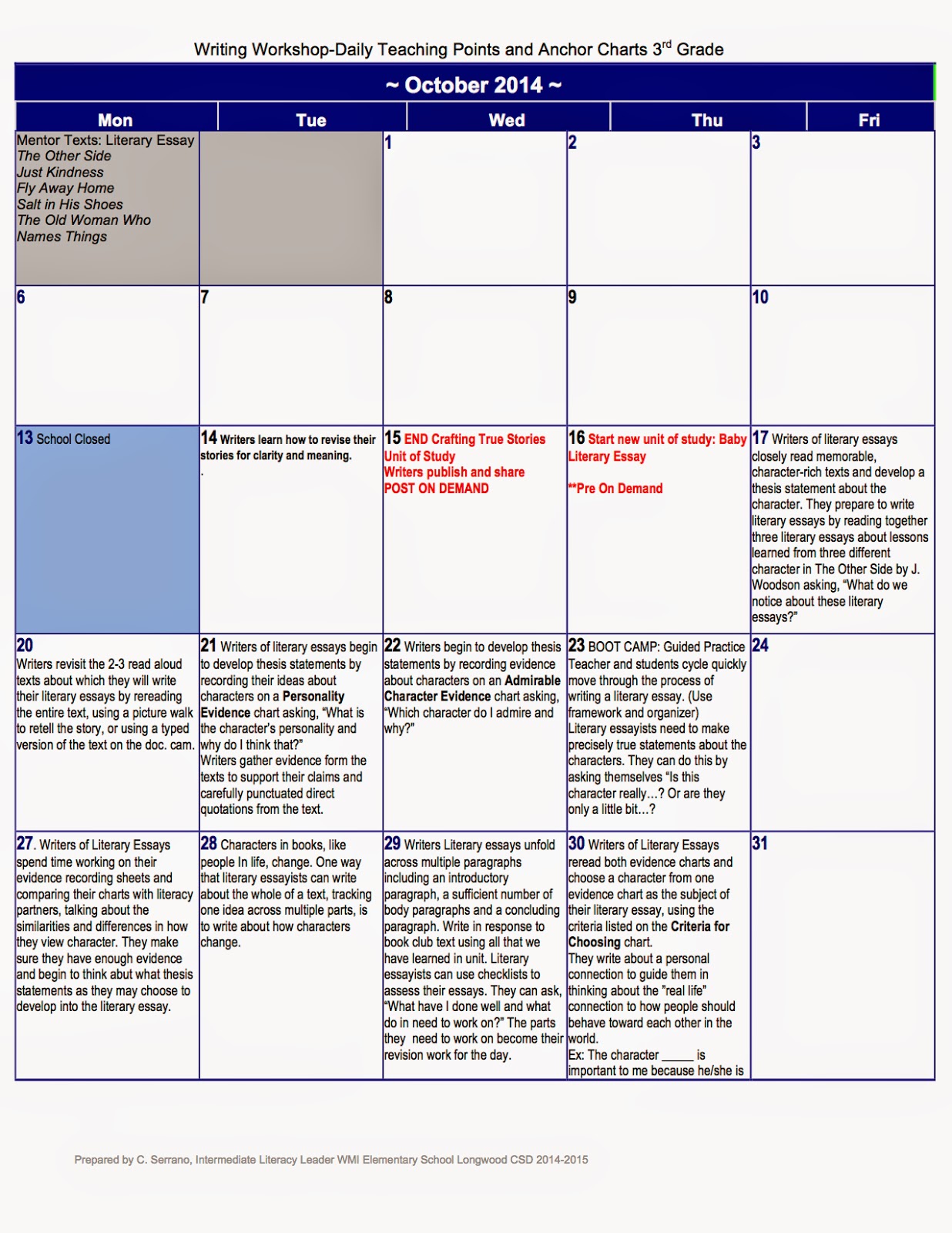Hi Everyone!
It's been a long time since my last post! Sorry, really busy!
One of my goals this year was to look deeply into how I was conducting my reading and writing conferences with my students. After much self-reflection, I realized how important it is to follow the architecture of a conference as noted by the team at the Reading and Writing Project at TC. (see below)
Another thing that I came to realize is that students need to be taught how to respond to their coach in a conference. They need to learn the "language" of a conference. I realized this as I was coaching into a number of classrooms. As teachers we are great at conducting our conferences using the necessary framework...the problem is that the students don't know what to do! Hence, many of our conferences aren't really helping the kids with what they are struggling with. In classrooms where students know what they need help with, the teaching conference is more effective. Students are left with tools and ideas that will help to improve their work! Therefore, I find that it is so necessary to explicitly teach kids how to articulate their needs as readers and writers during conferences.
Happy Conferring!
Peace,
Happy Conferring!
Peace,

The Architecture of a Conference
|
Conference Checklist
|
Key Statements to Guide a Conference
"How is it going as a writer?"
"What are you working on as a writer?"
"You are looking at ways to make your story better. That's what writers do."
"You know what I noticed that you were doing and what I would like to compliment you . . . "
"Last week we were working on . . . and I see you are doing that."
"I would like to teach you something."
"Are you ready to do that?"
"Did you notice how the author wrote . . .?"
"What if you did something like that?"
"I want to teach you that writers do like this author and they sometimes . . ."
"You could do this today and any day . . . "
"You can make it so easy for the reader to see what is going on . . . "
|
"The point of writing conferences, ultimately, is to help students become life long writers."
Carl Anderson, Assessing Writers










